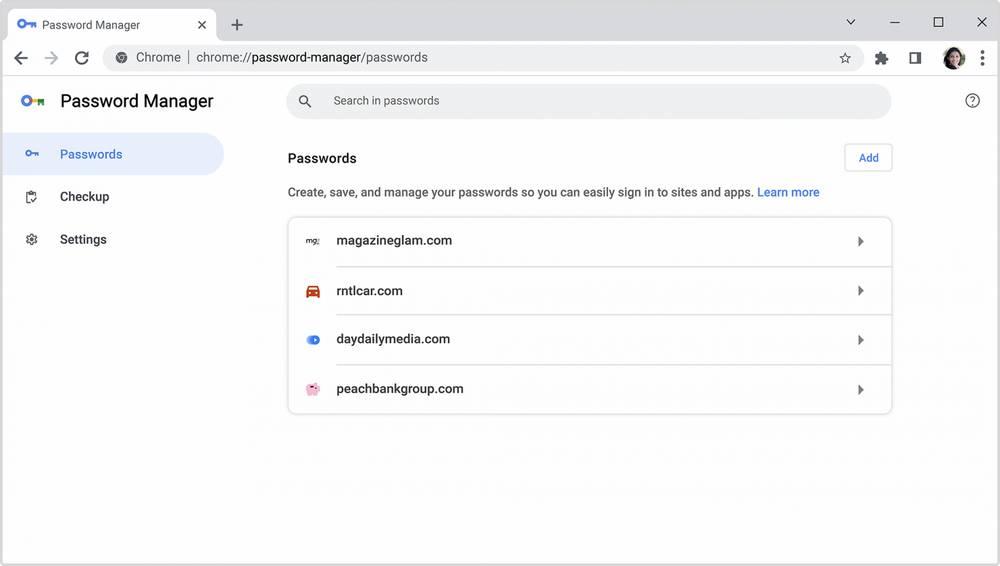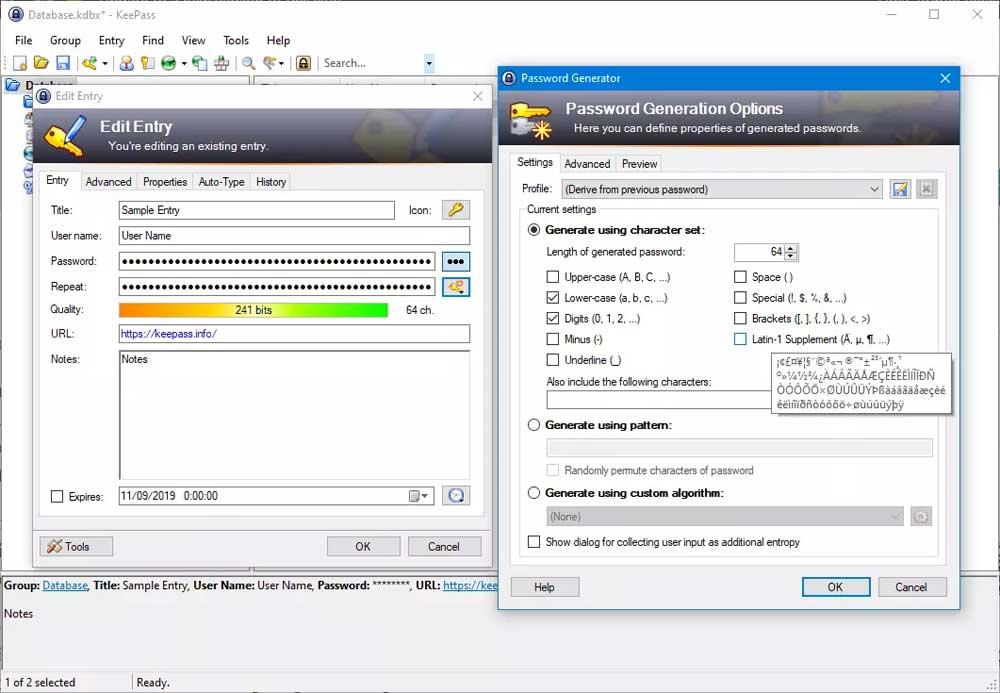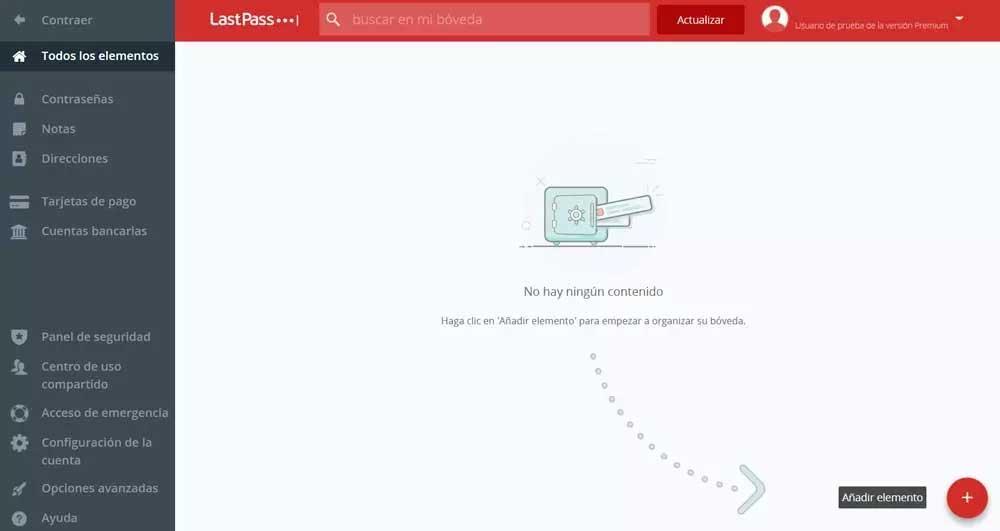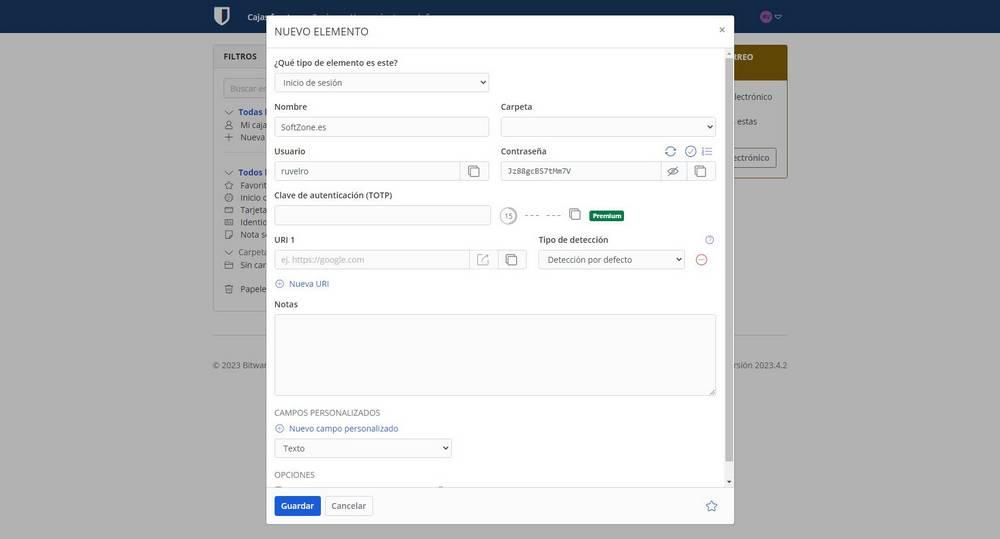It is increasingly difficult to be secure on the Internet using passwords. The increasingly powerful components, together with AI, mean that passwords, which until recently were safe and robust, can be hacked in a matter of seconds. For this reason, it is increasingly important to use long, random and complex passwords, even if that means more difficulty when it comes to remembering them. This is where password managers come into play.
A password manager is a program that allows us to save, in a database, all our personal passwords, as well as other types of sensitive information. In this type of program, security is one of the fundamental factors, so these tools usually take great care of this factor, offering ultra-secure security measures, as well as very complex algorithms for encrypting the entire database.
There are many password saving programs out there, each with their own pros and cons. And today I am going to tell you which are the 4 best password managers that you can use in this 2023.
The two best free password managers
If we don’t want to pay, and we want to have the best security and the best features to save our private keys, without complications, one of the best ways to do it is by using our browser’s password manager. Google Chrome, Edge, Firefox and other browsers have their own database that allows us to save all the passwords of the websites where we register and help us to log in easily. In addition, they synchronize these passwords with the cloud so that we can have them on all our computers and devices. It is not the safest option, but it is the most comfortable.

If we want something more secure and private, then we should bet on other more specialized programs, such as KeePass. This program, totally free and open source, gives us full control over the database and its security. Everything is done, securely, within our own PC, so we are not giving the passwords to Internet giants, such as Google or Microsoft. Of course, synchronization with the cloud, and backup copies, depend directly on us.

Payment password managers
If we want to have more security, privacy, and other functions that usually do not appear in free programs, then we must bet on a paid tool, much more professional, and endorsed by a strong company behind it. One of the best known, in this area, is LastPass. This password manager (which we can use for free, although we will have to pay to use features such as data synchronization) will allow us to have control over all our private keys, and even share them with family members quickly and easily.

And, if we want a more OpenSource option, less opaque, we opt for Bitwarden. This service is completely open source, and we have the option to host it ourselves (with the Vaultwarden fork we will be able to use the premium features totally free) or pay $10 per year to use the version hosted and managed by those responsible for this project.

One of the most complete options, since it not only allows us to save passwords, but also to add double authentication codes for each of the websites so that we have everything in one place instead of on two different platforms.
SoftZone’s opinion
There are many programs, and although we have not talked about other alternatives (such as 1Password or Dashlane, to name a few examples), with the ones we have mentioned we will have more than enough to keep our passwords safe, protected and away from the clutches of hackers.
If what we are looking for is something free, fast and simple, the password manager for web browsers is more than enough. With it we will always have all our data under control, and always accessible from any device. But, if what we are looking for is maximum protection, then we will have to look for more powerful and safer alternatives. And, in this case, our preference is to mount a Vaultwarden in a Docker to have full control of our private keys.












